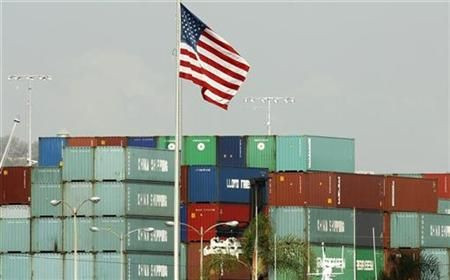Why Globalization is Misunderstood

Many policy mistakes by Western governments come from a misunderstanding of globalization, said Stephen D. King, chief economist of HSBC and author of Losing Control: The Emerging Threats to Western Prosperity.
In the 1990s and 2000s, they patted themselves on the back for 'achieving' low rates of consumer inflation, which in reality was driven by cheap exports from places like China. As a result of their erroneous thinking, they left interest rates too low and allowed a gigantic asset bubble to swell, culminating in the spectacular collapse of the 2008 global financial crisis.
After the financial crisis, some western politicians now want to blame globalization for taking away Western jobs and eroding the real wages of Western workers. They want to clamp down on globalization and punish export-driven emerging market countries.
It's true that globalization has taken away Western jobs and eroded Western wages, said King an interview with IBTimes. Globalization creates winners and losers and Western wage-earners are one of the losers, he explained.
However, basic economics posits that free trade and globalization increases the total efficiency and wealth of the world. So far, that has proven to be true and even the West as a whole benefited from it.
The bigger winners in the West are ultra-wealthy individuals, corporations, and investors. King said the proper way to deal with globalization is to redistribute the wealth from these winners to Western wage earners.
Wealth redistribution is a dirty phrase in certain Western political circles, especially in the US, but King believes it's the most sensible way. Wealth redistribution can be achieved through more public spending, negative income taxes for the poor, benefits for the poor, or higher taxes for the rich, he said.
King doesn't deny that emerging market countries like China and India will become increasingly large and powerful economically, and that international political power will follow their economic ascension.
Such changes in power often cause friction among countries, he said. In fact, during the first half of the 20th century, they caused two great world wars.
He hopes in the first half of the 21st century, the world would respond more peacefully, avoid wars and protectionist economic policies, and respond to globalization in a sensible way.
Click here to follow the IBTIMES Global Markets page on Facebook
© Copyright IBTimes 2024. All rights reserved.





















